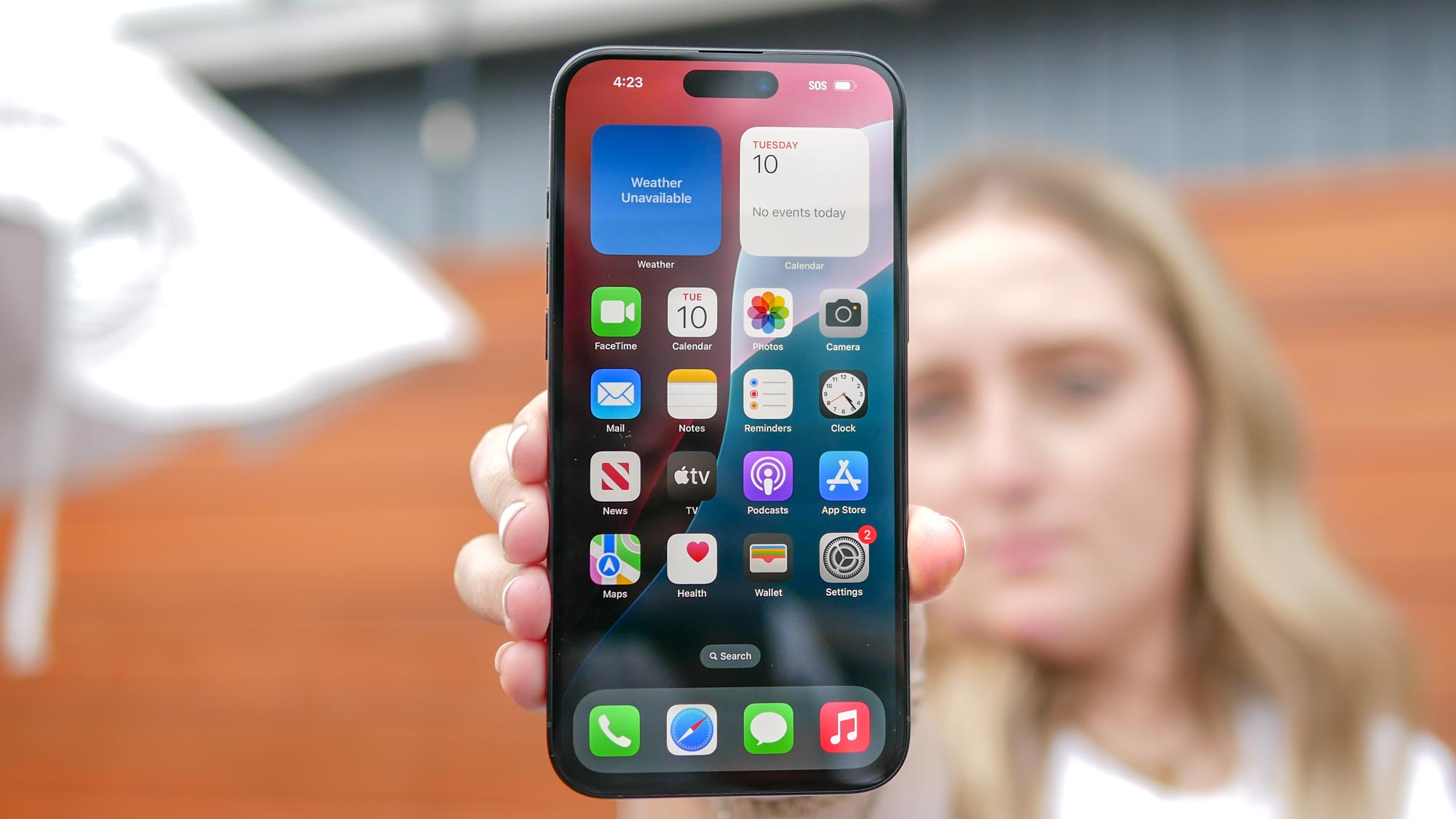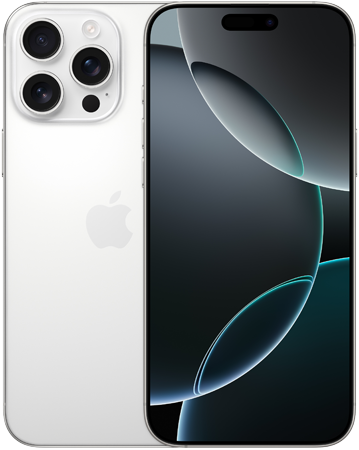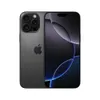It's official — the iPhone 16 is faster than some top laptops
Laptop makers need to step up their game

As Managing Editor of Computing, it hurts me to type this — the iPhone 16 and iPhone 16 Pro are faster than some laptops. And chipmakers really need to step up their game when it comes to maximizing performance.
During our testing of Apple’s new phones, it became clear to me that comparing them to other smartphones in terms of power is basically reviewing in easy mode. Nothing can touch them, so I’ve changed up my comparison to bigger and (what should be) more powerful devices and the results are a little worrying.
Because as it turns out, single-threaded performance of A18 and A18 Pro outperform pretty much every laptop we’ve ever tested here at Tom’s Guide, and the gap in power-intensive multi-core performance is narrowing fast.
| Device | Geekbench 6.3 single-core | Geekbench 6.3 multi-core |
|---|---|---|
| iPhone 16 Pro Max | 3400 | 8341 |
| iPhone 16 | 3301 | 8033 |
| Lenovo IdeaPad Gaming 3 (AMD Ryzen 5 5600H) | 1457 | 6307 |
| M1 MacBook Air | 1731 | 7580 |
| Asus ProArt PZ13 (Snapdragon X Plus) | 2420 | 11484 |
| HP OmniBook X (Snapdragon X Elite) | 2347 | 12861 |
| M3 MacBook Air | 3082 | 12087 |
| Asus ROG Zephyrus G16 (Intel Core Ultra 9 185H) | 2525 | 13263 |
| Asus Zenbook S16 (AMD Ryzen AI 9 HX 370) | 2765 | 13282 |
Let’s break it down

So what’s going on here? Let’s try to figure that bit out first and see what can be done to stretch out that gap again. Because as a lover of all things computing, I can’t help but wince a little at just how these smartphone chips are utterly destroying bigger and more powerful devices in the CPU realm.
- iPhones trump single-core power — Single-core tasks are easy on the power drain, and Apple has proven that by really managing to extract a ton of performance here from its A18 chips.
- Multi-core performance gap is closing, but TDP will keep phones behind — This comes down to the Thermal Design Power (TDP), as multi-threaded tasks use up more wattage to get the job done (up to 50 watts in the case of some laptops). If you tried to put that amount of electricity through a phone, it would probably explode, so it’s a little hamstrung in this respect.
Most concerningly for laptop makers out there (especially with M4 MacBooks just around the corner) is how Apple is able to achieve these numbers while getting stellar battery life. For all of the talk of the stamina gains in Copilot+ PCs (gains we have been impressed by), the Cupertino crew could be taking this to a whole new level real soon.
And look, I know there are other elements to factor in here. Geekbench is a short burst of a benchmarking tool that doesn’t take into account prolonged usage (laptops usually have fans to maintain sustained performance, whereas phones do not), and in terms of real-world day-to-day usage, I am very much comparing apples to gigantic oranges here.
@tomsguide ♬ original sound - Tom’s Guide
But if one thing is clear, the way Apple makes its chips is a shared discipline across all of its systems. Last year, iPhone 15 Pro brought us a 3nm chipset, which was followed by M3 MacBook Pros that (yep, you guessed it) sported 3nm chipsets. The way they’re designed follows the same set of rules across the board — squeeze every last drop of performance out while keeping the power consumption super low.
Sign up to get the BEST of Tom's Guide direct to your inbox.
Get instant access to breaking news, the hottest reviews, great deals and helpful tips.
So if you’re looking for a new laptop, I know we’ve got impressive Windows systems packing Snapdragon chips, new AMD chips and (coming soon) new Intel processors — all touting strong gains in power and longevity. But if I were you, I’d wait just a little while longer to see what Apple is cooking in late October.
More from Tom's Guide
- iPhone 16 battery life results are in — and we can hardly believe our eyes
- iPhone 16 upgrades — who should make the jump to the new iPhone and who should skip
- Google Search has a new trick up its sleeve — and it might save you from fake AI images

Jason brings a decade of tech and gaming journalism experience to his role as a Managing Editor of Computing at Tom's Guide. He has previously written for Laptop Mag, Tom's Hardware, Kotaku, Stuff and BBC Science Focus. In his spare time, you'll find Jason looking for good dogs to pet or thinking about eating pizza if he isn't already.










